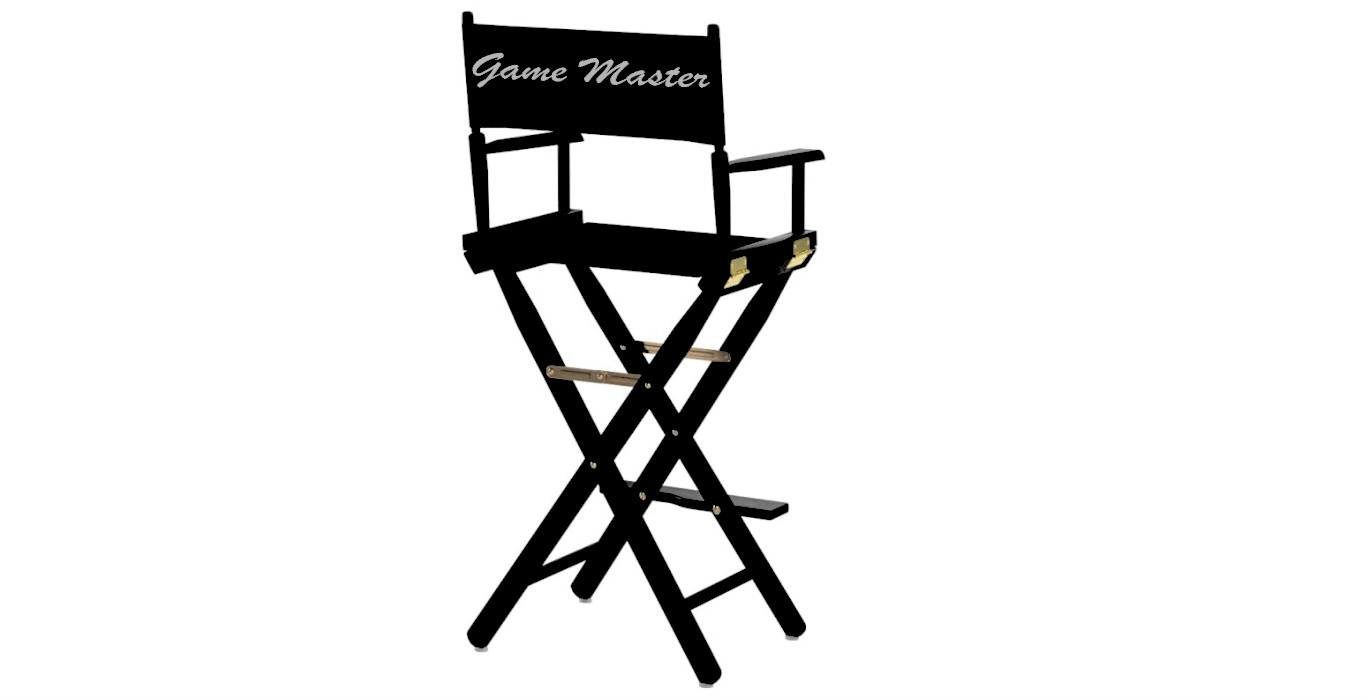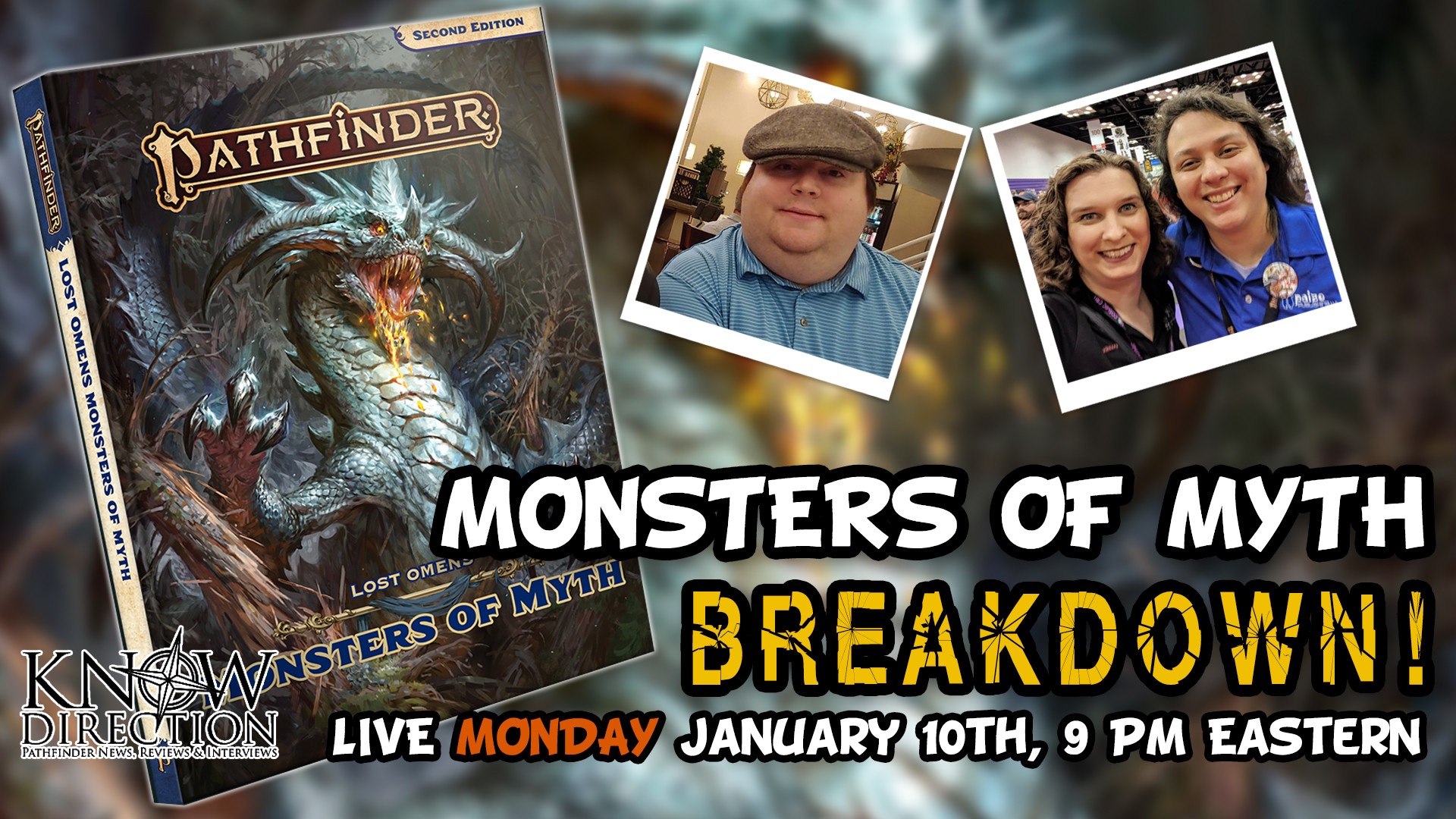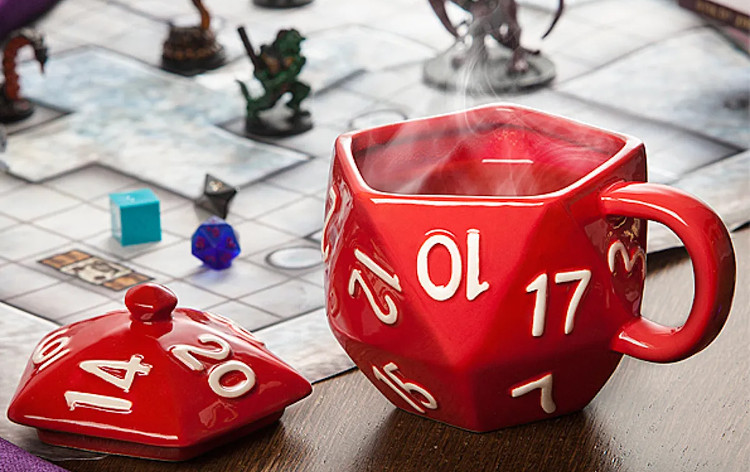Those familiar with this blog surely noticed that in Behind The Screens, I refer to my readers as “my fellow GMs”.
I got this from a professor at teacher’s college. When he addressed the class, he didn’t call us students. He called us teachers. He justified it by saying that teacher isn’t a profession, it’s a personality. So even if we didn’t have our degrees yet, to him, we were already his fellow teachers.
Now, I got out of teaching specifically because to me it was a job and I didn’t have the personality for it. Still, his philosophy resonated with me. As with most things in my life, I related it to gaming. I’m not a Game Master because I run games. I run games because I’m a Game Master. I assume you’re the same way, my fellow GMs.
The Basics of Game Mastery
This article kicks off a series on the basics of being a Game Master. With potentially a lot of fans of Power Rangers, G.I. JOE, Transformers, and My Little Pony looking at roleplaying games for the first time in 2022, and gamers who are also fans of those brands considering GMing for the first time because they want to be in a group running it no matter what, it felt like a good time to look at the basics of what it is we do.
Part 1. What Is A Game Master?
You could be a Game Master ready to run your first session looking for advice, or a veteran who hasn’t thought about your first game in years. Maybe you’re playing Pathfinder, Starfinder, Essence20, some cool indy game Rob Pontious invested in, or a game of your own design. At our core, we are the same.
Many try to explain the Game Master role through metaphor. You might have heard GMs referred to as storytellers, referees, or directors. It’s true. All of it. At the same time. We bring a complex combination of performance, sheepherding, and adjudicating to every game we run. Let’s look at these metaphors individually:
Storyteller
If we weren’t telling a story, how would the PCs know they all meet in a tavern? Who would tell them about the orphanage that went missing? Where would they aim their swords and spells if we didn’t tell them about the monsters causing trouble?
Roleplaying games evolved from the games of pretend played by children. The kids who kicked the game off by asking “who wants to play super heroes?” grew up to be Game Masters.
I take one exception to this comparison: “storyteller” doesn’t cover the collaborative aspects of a roleplaying game. We’re prompt tellers, getting storytelling balls rolling and keeping them moving when it slows down, but we are not the only ones telling the story.
Referee
If storyteller covers our role in the RP of RPG, referee is all about the G.
As a parent of two creative kids between the ages of 4 and 6, I can tell you how quickly games of pretend devolve into arguments over what is allowed in the game. The rules provide the frame work that helps everyone stay on the same page. Not only do they dictate what the game allows, they determine how to implement ideas.
Now, everyone should be following the rules. Unlike in sports, the other venue you’d see referees, no one benefits from deliberately breaking the rules (except for players who value the spotlight enough to taint their glory). In theory, every player plays by the rules. But each rule runs a part of the game’s engine, and there are lots of rules, so not everything lines up perfectly. That’s where we come in. Rule 0 states that the GM is the final arbiter of all things in the game. Yep, according to the rules, we rule the rules. Use this power responsibly.
I minorly objected to the storyteller comparison. I majorly object to thinking of us only as referees. So much of what we do is more than managing the rules. You can go a whole session without making a rule call, but you can’t go the whole session without telling a story.
Director
Balancing the narrator and magistrator metaphors, the director invokes the most important voice on a movie set. Directors tell story through others, following scripts written written by themselves, others, or both.
This is a strong metaphor, but it has trouble standing on its own. We’re more like directors and producers. We don’t just know the sets, props, and special effects we need for the game, we make them happen. Maybe we pay for someone else’s creation, maybe we create them ourselves. When you consider everything we do at the table, it starts to feel like we’re the entire film crew.
I do like this metaphor, but there’s still a problem. The director is the boss, or at least the CCO of a project. And that’s not true of what we do when we run an RPG session. Because we’re not making sure the players say the lines in the script. Even on projects that encourage improv, everyone works towards the next scene. As Game Masters, we’re only fairly confident what the next scene will be.
We’re Not Alone
None of the above three metaphors cover ever aspect of Game Mastering, but they also give us more power than we really have.
We are nothing without our players.
We tell stories with them. We referee when we have to, but we rarely have to. They direct us as much as we direct them. Therefore, my preferred metaphor includes the players. As Game Masters, we are facilitators.
Facilitators
From the French, facilier, or to make easier. Because that’s what we do. We don’t tell a story, we help the players tell us their stories. We run the sessions, not out of an interest in the rules of the game, but because by running sessions, we get to participate in them and witness them happen. Finally, we’re the social lubricant that lets us all play together. Whether our players live down the hall or flew across international borders, we’re all the table together to be entertained. When we say “so how do you want to do this,” we get to sit back and watch. Not in a director’s chair, but the front row seat in the audience.
More Basics To Come
Part 1 covered what a Game Master is, and a bit about why we run our games. Part 2 asks the big question: How to Game Master.
Every two weeks, Ryan Costello uses his experience as a Game Master, infused with popular culture references, to share his thoughts on best GMing practices to help his fellow GMs. Often deconstructing conventional wisdom and oft repeated GMing advice, he reminds his fellow GMs that different players play the game in different ways, and for different reasons.






